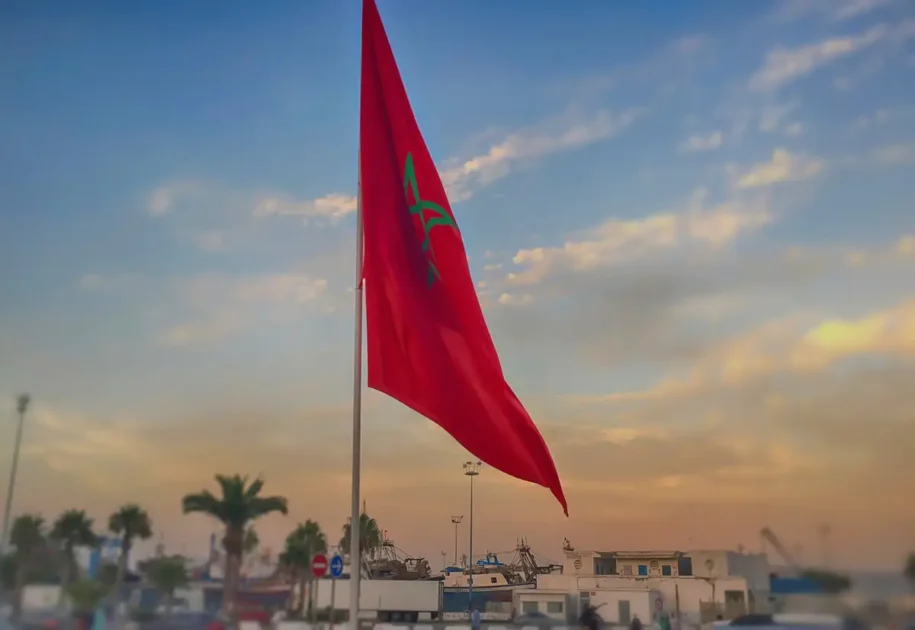Information for traveling to Morocco
By air:
Information for traveling to Morocco: Morocco is a large country with over 15 airports, the main ones being Marrakech and Casablanca. Casablanca is also the “hub” of the national airline Royal Air Maroc (RAM).
When it comes to international services, particularly to/from France, there’s plenty to choose from. This is only logical, given the country’s vocation as a tourist destination and the enthusiasm of the French for Morocco.
More than a dozen French airports offer direct scheduled or low-cost flights to Morocco, plus as many more during the vacation season. And even if Casa, Marrakech and Agadir are the preferred destinations, depending on the season and service, you can also fly to Tangier, Fez, Ouarzazate, Essaouira and a number of other Moroccan cities. And all at reasonable fares, even in high season.
By sea:
Morocco is very well served by ferries from Spain (logically), but also Italy, Gibraltar and France with connections to Sète-Tanger or Nador.
Of course, it’s from southern Andalusia (and Gibraltar) that the choice is widest and the service fast and economical. In all, half a dozen shipping companies operate routes, primarily to and from the port of Tangier.
By land
Borders: Algeria (1,600 km), Spain (Ceuta and Melilla; 6 and 10 km), Mauritania (1,560 km).
Even if you have to skip a stretch of the Mediterranean, some people don’t hesitate to Morocco tours by car or camper van from France. From Paris to Tangier (the northernmost tip of Morocco) is around 2,000 kilometers, which can be done in two or rather three days’ drive, including the ferry.
As for making the journey from neighboring countries, there are land crossings between Morocco and Mauritania, plus the Spanish enclaves. As for Algeria, the border has been officially closed since 1994 due to political differences, notably over Western Sahara.
Getting around Morocco:
Information for traveling to Morocco: Road network:
The network of Moroccan roads and freeways is quite good on the main routes and allows you to get around fairly quickly between the main towns, although you should remain cautious and vigilant, especially at night.
Elsewhere, the picture is more mixed, with roads not always in good condition and sometimes subject to the vagaries of the weather, especially in the mountains. As for tracks in desert areas or in the Deep South, while some are still “rolling”, others require time, attention and a suitable vehicle.
Car, camper van:
Rather than taking the public transport option, most visitors choose to rent a car to get around the country, and some even bring their own car or camper van for longer stays.
It’s true that having a vehicle is always a guarantee of freedom, and saves a considerable amount of time when it comes to discovering the country and getting off the beaten track, especially in desert areas or to access certain oases. What’s more, car rental, including small 4x4s, is still very affordable in Morocco.
Public transport:
Morocco has a good public transport network, which works quite well and allows you to visit the country at low cost. It consists of a rail network of some 2,000 kilometers spread over the north, mostly along the coast, and bus lines that go almost everywhere.
For the latter, as in many countries, there is a “local” network that is very economical but slow and not always very comfortable, and another made up of express services that link the major cities together under much better conditions. Although the latter category is more expensive, buses are still a very economical way to get around.
In addition to these buses and trains, there are also what are known here as “louages” or “grand cabs”. These are minibuses or large cars that run between towns not too far apart. They are packed with 6 or 7 passengers, and the vehicle leaves only when full. Hire cars are a little more expensive than buses, but normally quicker, with obviously less comfort, if not safety…
Information for traveling to Morocco: In town:
Even if walking remains a good way to discover a place, don’t hesitate to use the “small cabs” which are very numerous in Moroccan towns. They’re always very economical, provided you’ve negotiated your fare properly or if they’re metered.
As for city buses, the urban networks are generally complete and very economical… but they are also often overcrowded, not very comfortable and slow. In short, not exactly ideal.
Finally, some major cities such as Casablanca and Rabat also have streetcars and “RER” trains, so you can get around even more cheaply.
